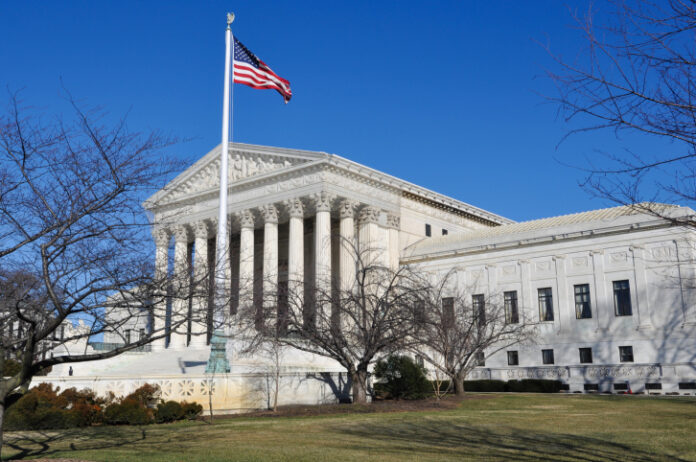Jurisdictional questions continue in Rhode Island’s lawsuit against oil companies over purported damages from climate change.
The question yet to be settled is whether the appropriate legal jurisdiction is state or federal court.
Different Jurisdiction, Same Claims
Rhode Island is one of a number of cities, states, and groups is suing BP, Chevron, Exxon Mobil, and Shell, among other oil companies, claiming carbon dioxide emissions from the oil and gas they produce and sell is imposing high economic costs on the state.
Rhode Island filed its 2018 lawsuit in state court. The oil industry sought to have the case removed to federal court arguing issues of cross-state pollution, interstate commerce, and national economic and foreign policy are at issue, making federal court the appropriate venue for Rhode Island’s claims.
In 2019, the United States District Court for Rhode Island disagreed, remanding the case to state court.
‘Coordinated, National Litigation Campaign’
The defendant oil companies appealed this ruling to the First Circuit Court of Appeals, in Boston.
Fifteen states, the U.S. Chamber of Commerce, and several trade associations, filed friend of the court briefs in support of the oil industry, urging the First Circuit Court of Appeals to allow the case to proceed in federal court rather than in a Rhode Island court.
“This case is part of a coordinated, national litigation campaign over global climate change and the debate over how to mitigate impacts of modern energy use …,” the National Association of Manufacturers, Energy Marketers of America, and the National Association of Convenience Stores said in their amicus brief. “[Rhode Island’s claim] plainly implicates federal questions and complex policymaking … and state courts are not the appropriate forums to decide these critical national issues.”
The amicus brief, filed by the State of Indiana, on behalf of Alabama, Alaska, Arkansas, Georgia, Kansas, Kentucky, Louisiana, Mississippi, Montana, Nebraska, South Carolina, Texas, Utah, and Wyoming, argued energy and climate policy affect all states, and shouldn’t be set by one state’s court system.
“Such a result excludes other states from the climate-change policymaking process and threatens to undermine the cooperative federalism model that our country has long used to address environmental problems.” the states’ amicus brief said.
No Delay for Supremes
After oral arguments were made, but before the court ruled on the question of the appropriate venue for the lawsuit, the plaintiffs filed notice with the Circuit Court that the U.S. Supreme Court had agreed to hear jurisdiction claims in a similar lawsuit filed by Baltimore against oil companies.
Plaintiffs requested the Circuit court stay any ruling until the Supreme Court had ruled on the matter, allowing it the ability to take the Supreme Court’s decision into account.
The Circuit court rejected the request for a delay, and in late October 2020 upheld the District court’s decision to remand the lawsuit to state court.
Supreme Ruling Resets Case
In May, the U.S. Supreme Court vacated and remanded several circuit court rulings sending climate change tort claims against fossil fuel companies back to state court, including the First Circuit’s Rhode Island decision.
The Supreme Court did not say the various climate change cases necessarily belonged in federal court, but they did direct the lower courts to make their determination concerning the appropriate forum after examining the wide range of issues raised by the defendants rather than based on one narrow administrative statute.
Subsequently, the First Circuit ordered the parties to file additional briefs addressing the impact of the Supreme Court’s ruling.
Where the case is heard is important because historically state courts are more deferential to state plaintiffs than are federal courts, says Craig Rucker, president of the Committee for a Constructive Tomorrow (CFACT), which co-publishes Environment & Climate News.
“The importance of this jurisdictional battle cannot be understated,” said Rucker. “Rhode Island is seeking the home-field advantage, and if it succeeds and the legal precedent is set, other tort suits against deep-pocketed companies, trade associations, or individuals – even if the issue at hand is national or global – could wind up in state courts.”
Bonner R. Cohen, Ph.D., (bcohen@nationalcenter.org) is a senior fellow at the National Center for Public Policy Research and a senior policy analyst with CFACT.


























